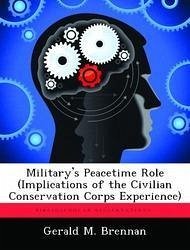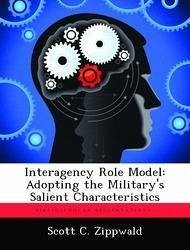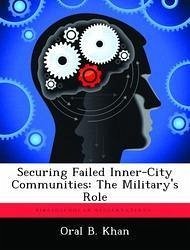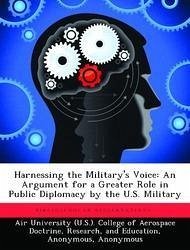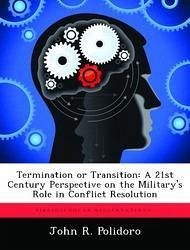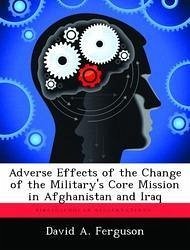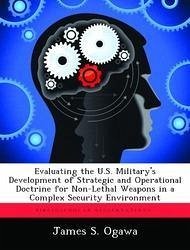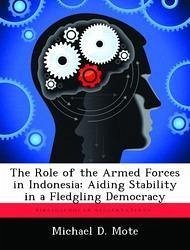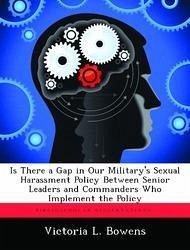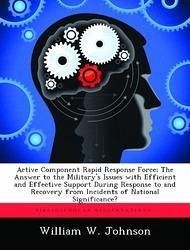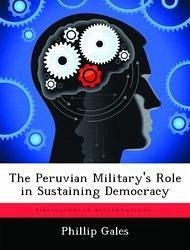
The Peruvian Military's Role in Sustaining Democracy
Versandkostenfrei!
Versandfertig in über 4 Wochen
53,99 €
inkl. MwSt.

PAYBACK Punkte
27 °P sammeln!
Peru has experienced considerable political turmoil since attaining statehood in 1821. The military has routinely been at the center of this turmoil, with coups d'etat having been a recurring theme in the country's evolution. Peru's most recent attempt at democracy--which commenced in 1980 after 12 years of authoritarian military rule--has been particularly challenging because it coincided with the commencement of an insurgent movement of unprecedented violence and vigor. Further exacerbating matters, Peru's democratically elected leaders have had to tread lightly on military prerogatives in o...
Peru has experienced considerable political turmoil since attaining statehood in 1821. The military has routinely been at the center of this turmoil, with coups d'etat having been a recurring theme in the country's evolution. Peru's most recent attempt at democracy--which commenced in 1980 after 12 years of authoritarian military rule--has been particularly challenging because it coincided with the commencement of an insurgent movement of unprecedented violence and vigor. Further exacerbating matters, Peru's democratically elected leaders have had to tread lightly on military prerogatives in order to insure against their overthrow. President Alberto Fujimori's strong-hand tactics and misuse of the military as his instrument of domestic political power represent the latest obstacle to Peru's democratization. Trends throughout Latin America since the 1980s reflect a precipitous decline in the domestic power of armed forces. Because this does not necessarily hold true for Peru, the country's democracy is in jeopardy. This research project assesses the Peruvian military's contribution to the country's post-1980 democratization. The methodology employed involves an examination of the military's track record in those areas the author considers critical to Peru's democratic evolution. These include the military's involvement in politics, surbordination under civilian control, corruption, respect for human rights, effectiveness in combating insurgency and counternarcotics, and preservation of the state's territorial integrity. Even though the armed forces have demonstrated noteworthy improvement in many of these areas, the future of Peru's democratization remains uncertain.



